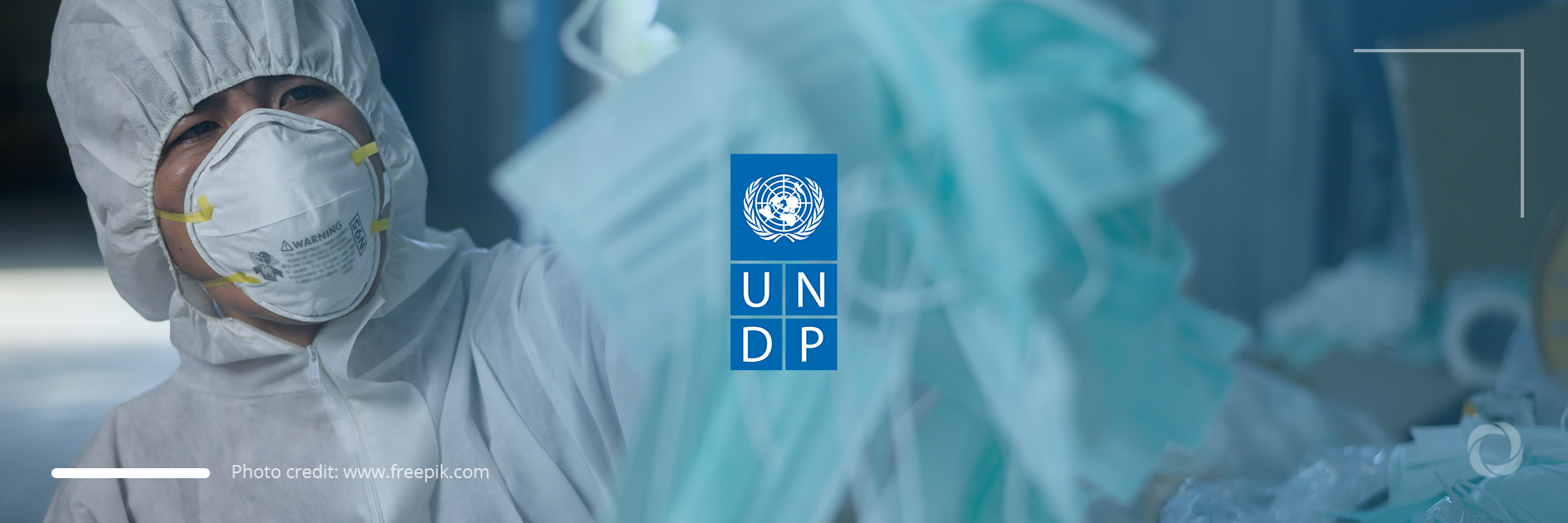The Government of People’s Republic of China and the United Nations Development Programme (UNDP) have launched a project to support Nepal in its COVID-19 response by improving the healthcare waste management system.
The project anticipates improving hospital waste management systems by providing support in the form of autoclaves, setting up waste treatment areas, and training healthcare workers on their use as well as the appropriate ways to manage medical waste.
To this end, UNDP Nepal will work closely with the Department of Health Services of the Ministry of Health and Population (MoHP) of Nepal along with seven COVID designated hospitals across the country. These hospitals include Koshi Hospital in province 1, Narayani Hospital and Janakpur Hospital in province 2, Shree Birendra Hospital in Bagmati province, Rapti Provincial Hospital, and Bheri Hospital in Lumbini province of Nepal.
“This project is expected to help the country meet its ambitious targets under the Sustainable Development Goals, and contribute to the most recently updated Nationally Determined Contributions (NDCs) to support emission reductions particularly on waste management in line with the Paris Agreement on Climate Change,” the UNDP Nepal press statement issued on August 6 reads.
Launched under the framework of China’s South-South Cooperation Assistance Fund (SSCAF), the initiative is expected to:
Speaking about the initiative, Hou Yanqi, the Chinese Ambassador to Nepal, remarked: “I hope that Nepal will benefit from the project, and the haze of COVID-19 pandemic will disperse as soon as possible with the joint efforts of all countries around the world.”
Emphasizing that UNDP was privileged to enter into a tripartite agreement with the MoHP and China Aid, Ayshanie Medagangoda-Labe, UNDP Resident Representative (RR) in Nepal, noted that Nepal has set 10year targets to adopt and implement waste segregation, recycling, and waste-to-energy programs in at least 100 municipalities and to improve 1,400 healthcare facilities through the proper management of healthcare waste with the application of non-burn technologies. She highlighted that UNDP wants to seize this opportunity to transform this crisis into an opportunity and bring changes to human behaviour to ensure a more sustainable, equitable, and prosperous future for all in Nepal.
According to the MoHP, a total of 274 hospitals in Nepal produce 10,520 tons of non-hazardous and 3,094 tons of hazardous medical waste per year, and 27% of infectious waste produced from hospitals were mixed with general waste which contributed to the 55% infectious waste. A recent study found that nearly 51% of hospital attendants in Nepal had poor risk perception about healthcare waste, 49.2% people had inadequate knowledge and 43% had a negative attitude. Another baseline survey revealed that currently about 45% municipalities have sewerage services and almost all (98%) hospitals segregate their waste. Back in 2012, only 38.7% of hospitals had adopted the correct process for the segregation of healthcare waste. The Sustainable Development Goals (SDGs) envisions achieving 100% hospital waste segregation by 2022.


